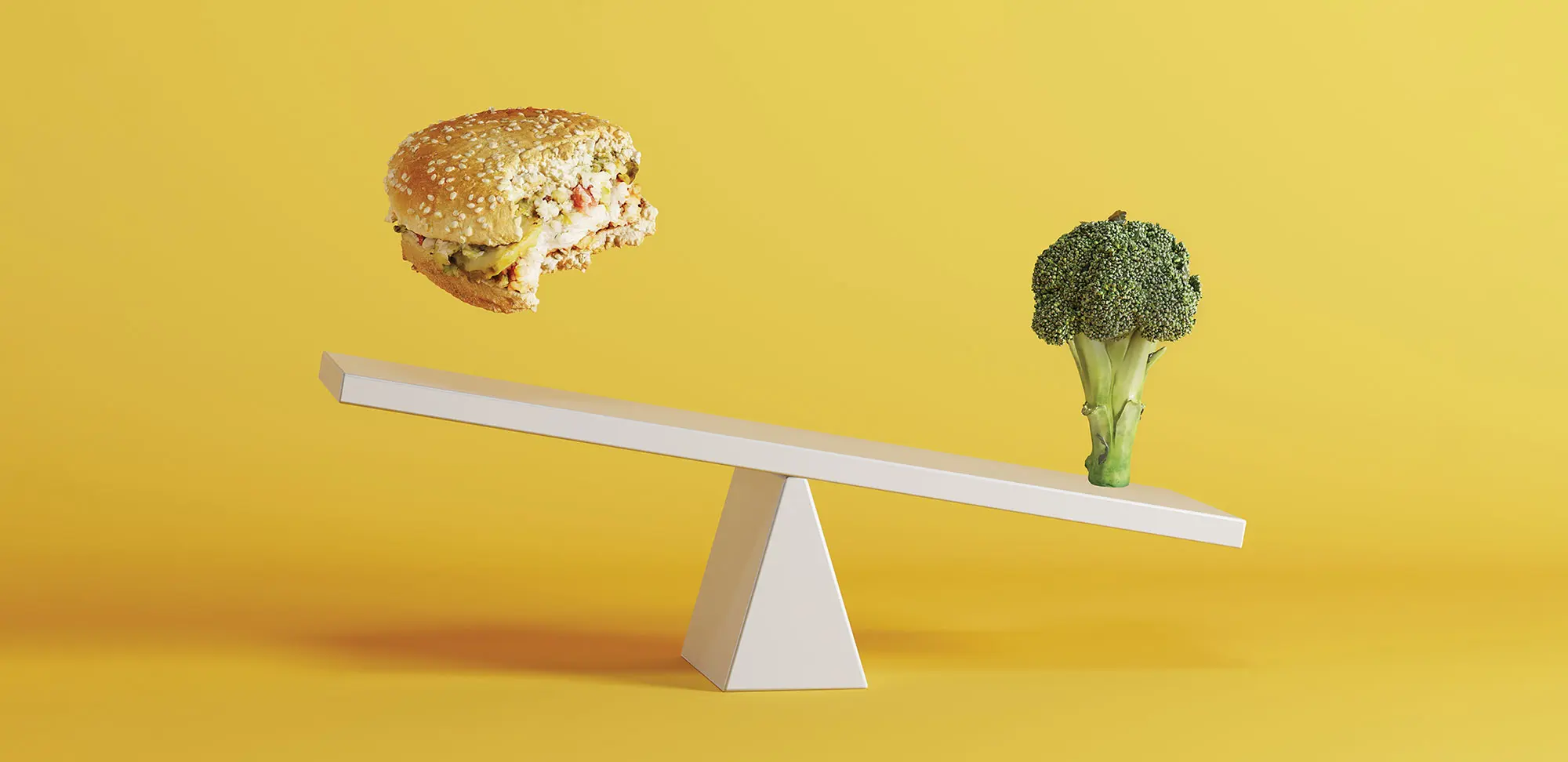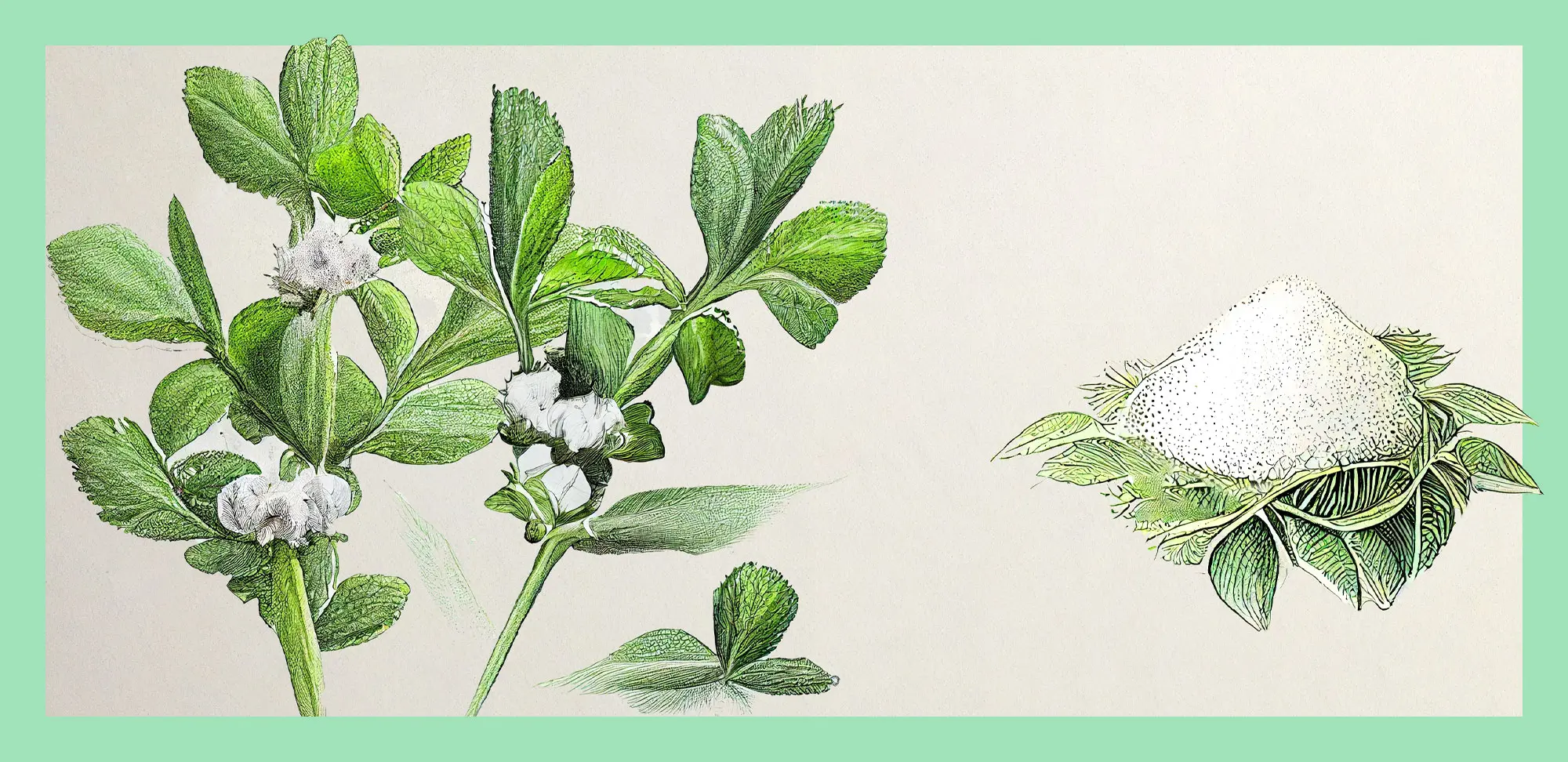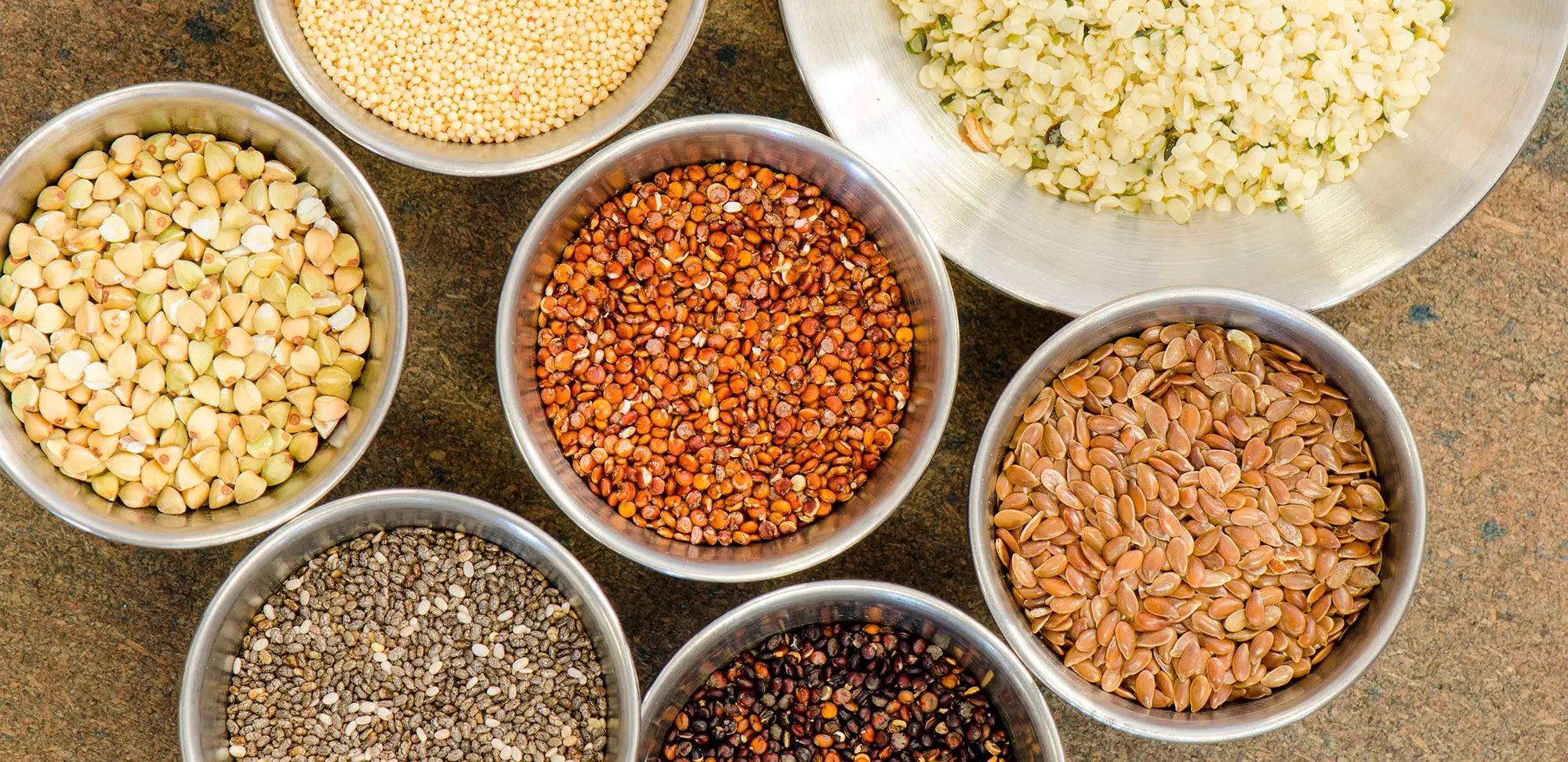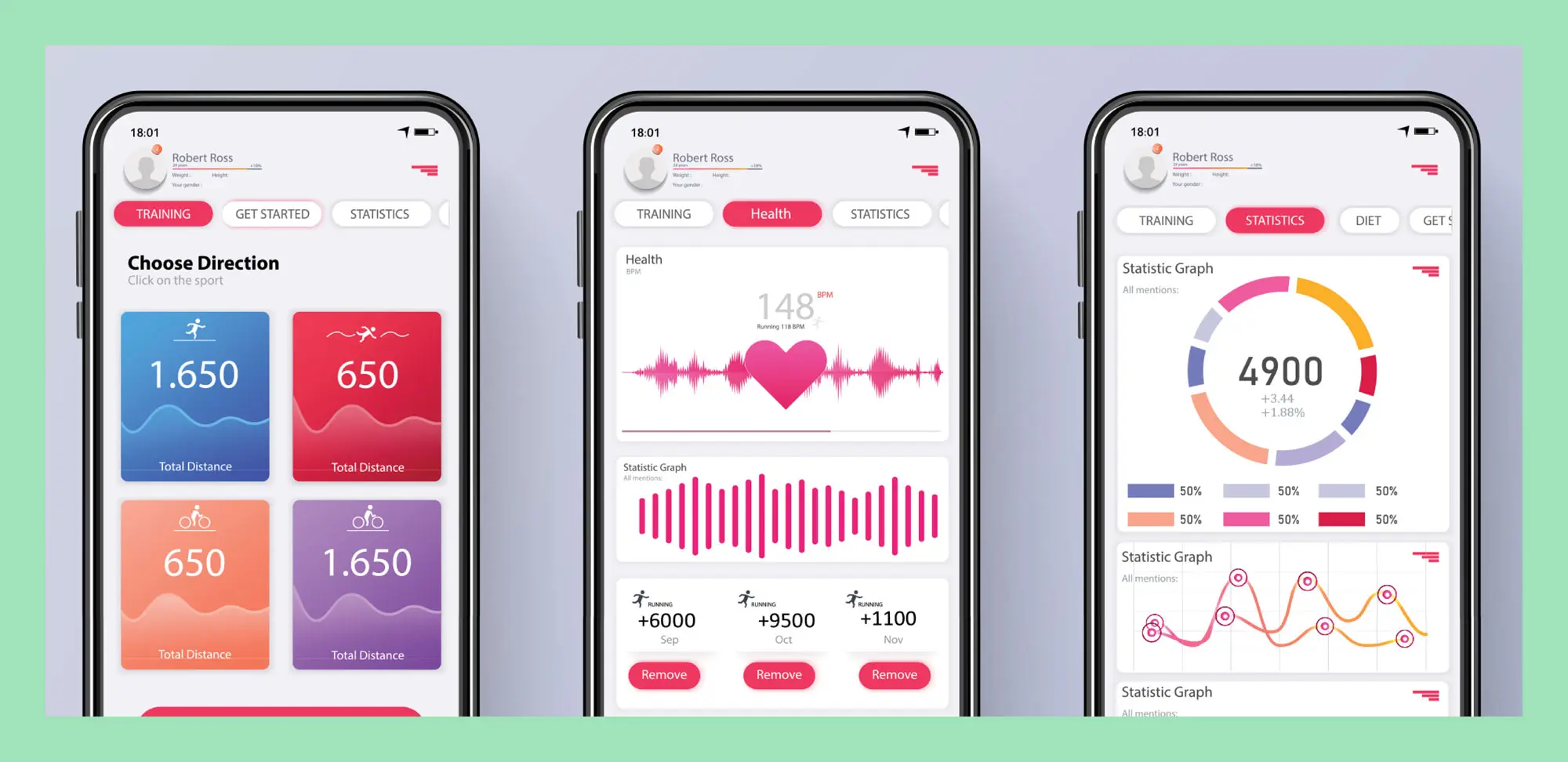I spend a lot of time in my practice answering questions about both food facts and fallacies. Here are five from my most-asked list.
MYTH: To have a healthy diet, you should cut out all white foods.
FACT: Well … if you say “no thanks” to all white foods, you would be avoiding yogurt, chicken, cauliflower, white beans and more — all nutritious and popular foods, so this makes no sense. What does make sense, however, is switching from white bread, rolls and snacks made with white flour to those made with whole grains. Fill your plate with a variety of colours, but don’t exclude white.
MYTH: A gluten-free diet is the path to good health and weight loss.
FACT: While a gluten-free diet is essential for people with celiac disease or a non-celiac sensitivity, it’s not necessary or recommended for anyone else. You will, of course, lose weight if you cut out lots of bread products and flour-based snack foods but not if you replace them with gluten-free cookies, breads and snacks. Beyond helping those with a gluten problem, research has shown there are no extra health benefits to going gluten-free.
MYTH: If it’s fat-free, it must be a healthy food choice.
FACT: Fat-free foods may sound healthy, but they can be high in calories, salt, sugar and more. Take fat-free cookies, chips, cakes or even jujubes, for example, which get their flavour, texture and calories from the addition of sugars, salt or other additives. Unfortunately, many people believe that if it’s fat-free, it’s also low-cal and eat these foods in larger quantities. The next time you reach for a bag of fat-free cookies, read the ingredient label first and compare the ingredients to regular cookies. You’ll probably be surprised. And, let’s not forget that some fats — such as olive oil (think Mediterranean diet) and nuts and seeds, including almonds, walnuts and flaxseed — are chock full of health benefits.
MYTH: You shouldn’t eat anything after 7 p.m.
FACT: Nothing magical happens at 7 p.m., so there’s no reason to pay this myth any mind. That said, we’re not talking about late-night cookies, chips or other rich high-cal snack foods — it’s not the time, it’s the habit at play. Intermittent fasting is a different story and can be helpful if it makes sense to the way you live. The bottom line: The number and quality of calories is what counts.
MYTH: Plant-based beverages are healthier than cow’s milk.
FACT: There’s no yes or no answer to this one. Cow’s milk has a strong nutritional profile. Rich in protein, calcium, B vitamins, phosphorous and potassium, it’s also fortified with vitamin D, essential for bone health. But not everyone can tolerate milk. You may be allergic, have lactose intolerance, be vegetarian or vegan or simply not like the taste. Here’s where plant-based beverages play a role. There are lots to choose from, including almond, soy and oat milk. Each has its own nutritional profile. While soy is closest to cow’s milk in protein and many other nutrients, not everyone loves the taste. Some drinks have less protein, fewer or more calories, and although many are fortified with calcium and vitamin D, not all are. So reading and comparing nutrition labels and ingredient lists is essential to making a smart choice here.











